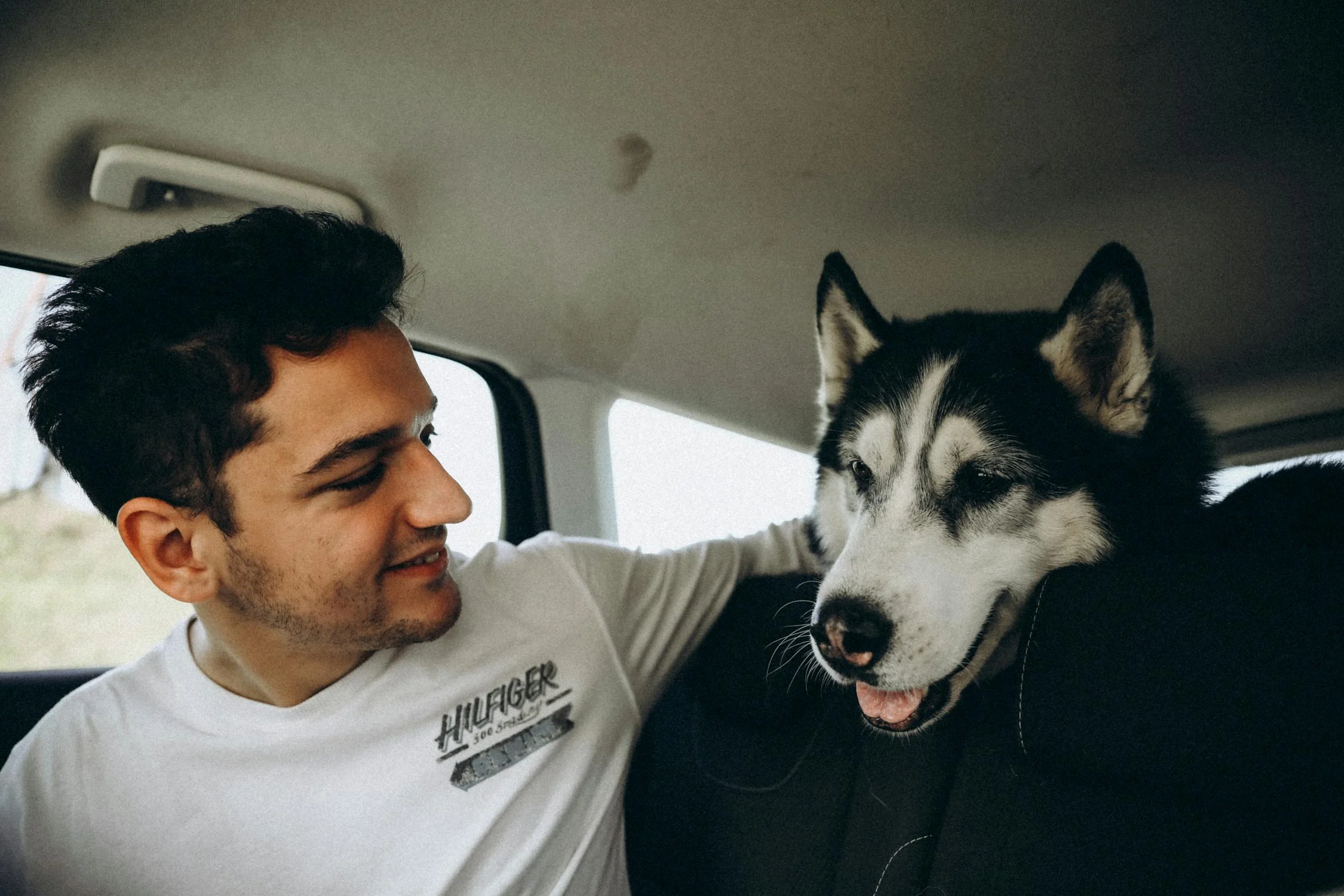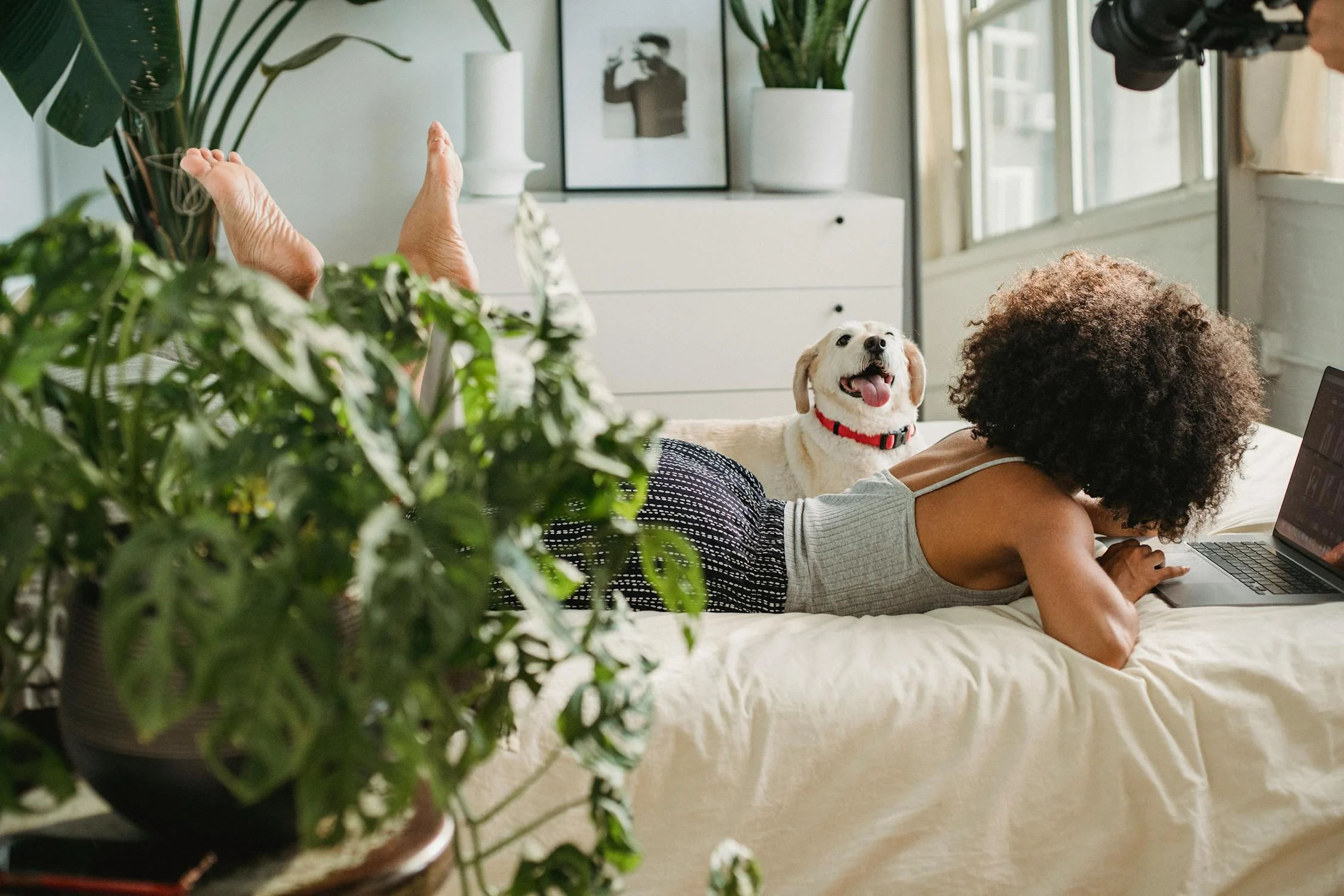-
Dogs & Puppies
-
Cats & Kittens
-
Other Pets
-
Shelters & Rescues
-
Guides & Resources

Pet dogs have a variety of quirky habits, one of which is their tendency to sleep against doors or walls. This behavior may seem peculiar to their human companions, but it has deep-rooted reasons grounded in their instinctual, psychological, and physical needs. Understanding why dogs exhibit this behavior can help pet owners ensure their furry friends are comfortable and secure in their environment.

One of the primary reasons dogs sleep against doors or walls is rooted in their ancestral instincts. In the wild, dogs' ancestors, such as wolves, often sought out enclosed spaces for resting and sleeping. These enclosed spaces, like caves or dens, provided a sense of security and protection from potential threats. By sleeping against a wall or door, a dog can create a makeshift den, mimicking the safety and security their ancestors experienced.
Dogs are pack animals, and a sense of security is paramount to their well-being. Sleeping against a wall or door allows a dog to feel protected on one side, reducing their exposure to potential dangers. This positioning enables them to remain alert to their surroundings while still feeling secure. For many dogs, especially those that are more anxious or nervous, this behavior is a way to cope with their environment and feel safer.
Physical comfort plays a significant role in why dogs choose to sleep against doors or walls. The support provided by a wall or door can help dogs feel more comfortable, particularly those with joint or muscle issues. The firm surface can offer relief and support, making it easier for them to rest. Additionally, the cool surface of a wall or door can be appealing, especially in warmer weather, providing a comfortable spot to regulate their body temperature.

Dogs are territorial creatures and often use their sleeping spots to mark their territory. By sleeping near doors, which are entry and exit points, dogs can keep a watchful eye on their domain. This behavior is a way for them to feel in control of their environment, as they can monitor any potential intruders or changes within their territory. This instinctual behavior is more pronounced in breeds that are naturally protective or have a strong guarding instinct.
Dogs are highly social animals and form strong attachments to their human companions. Sleeping against a door, particularly if it is the door to their owner's room, can be a way for dogs to stay close to their beloved humans. This behavior ensures they are nearby and can quickly respond if needed. It is also a way for dogs to feel connected to their owners, even when they are not directly interacting.

Understanding why pet dogs like to sleep against doors or walls involves recognizing their instinctual behaviors, need for security, physical comfort, territorial instincts, and strong bonds with their human companions. By appreciating these factors, pet owners can better accommodate their dogs' needs, ensuring they feel safe, comfortable, and secure in their homes. So, the next time you see your dog nestled against a door or wall, you'll know it's their way of creating a cozy, protected space that aligns with their natural instincts and needs.